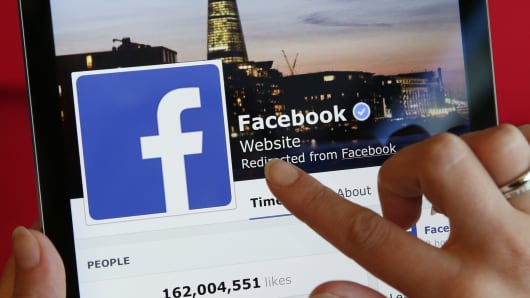Facebook is displaying advertisements for well-known American corporations on group pages operated by overseas wildlife traffickers illegally selling the body parts of threatened animals, including elephant ivory, rhino horn and tiger teeth. a secret complaint filed with the Securities and Exchange Commission, wildlife preservation advocates allege that Facebook's failure to stop illicit traders using its service for illegal activity violates the social network's responsibilities as a publicly traded company.
Facebook didn't respond to requests for comment. Its CEO, Mark Zuckerberg, was expected to testify on Capitol Hill on Tuesday about other issues.
The complaint, a copy of which was provided to The Associated Press, was initially filed in August on behalf of an undercover informant represented by the National Whistleblower Center, a non-profit legal advocacy group. The identity of the informant, who recorded video of face-to-face meetings with wildlife traffickers set up over Facebook, has been kept confidential out of safety concerns.
The SEC declined to comment Monday on whether the whistleblower complaint triggered an investigation of the company.
"Facebook is not an innocent bystander to these crimes," said Stephen Kohn, executive director of the National Whistleblower Center. "Facebook sold advertisements on the very pages the illegal ivory was being marketed."
Facebook is one of 20 technology companies that last month joined the Global Coalition to End Wildlife Trafficking Online, which was organized by Google and the World Wildlife Fund. Weeks after the March 7 announcement, an AP reporter was able to see scores of internationally banned wildlife products for sale in public and private Facebook groups, most based in Southeast Asia.



